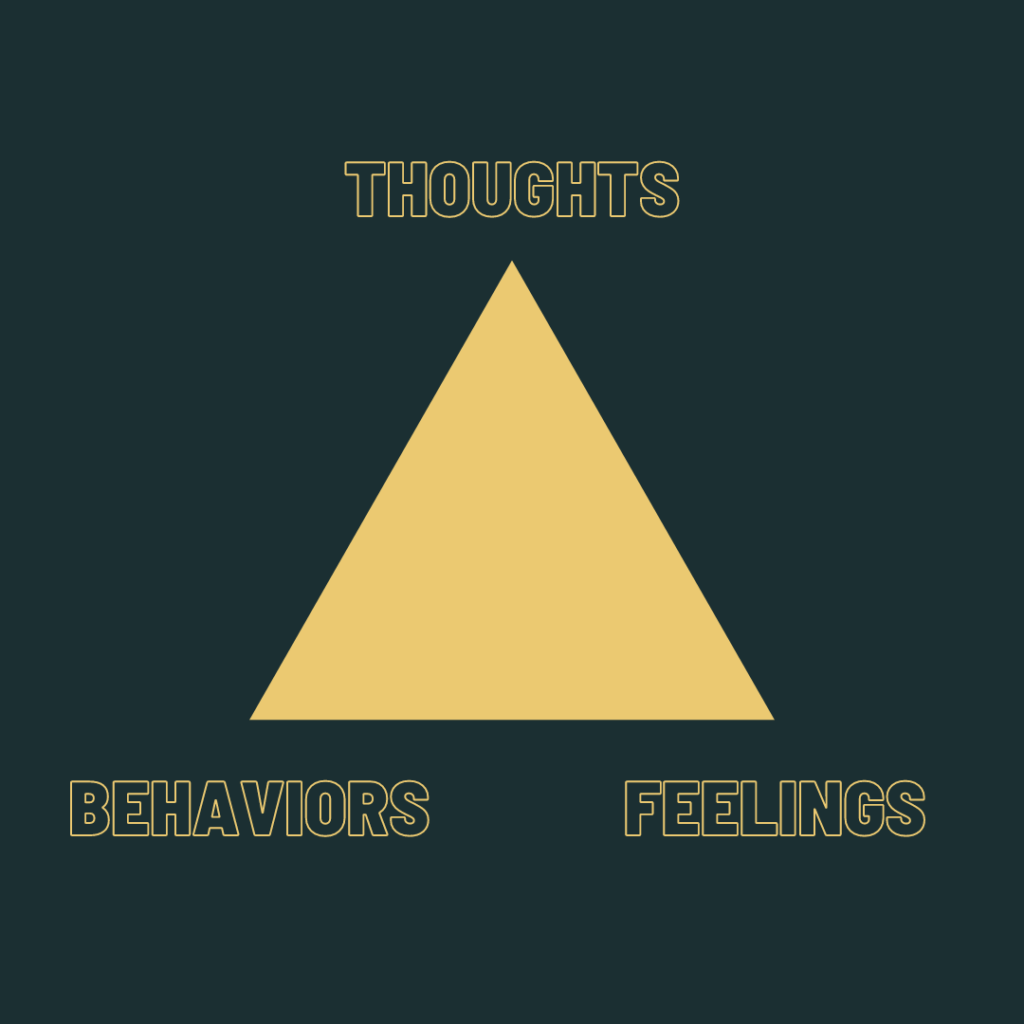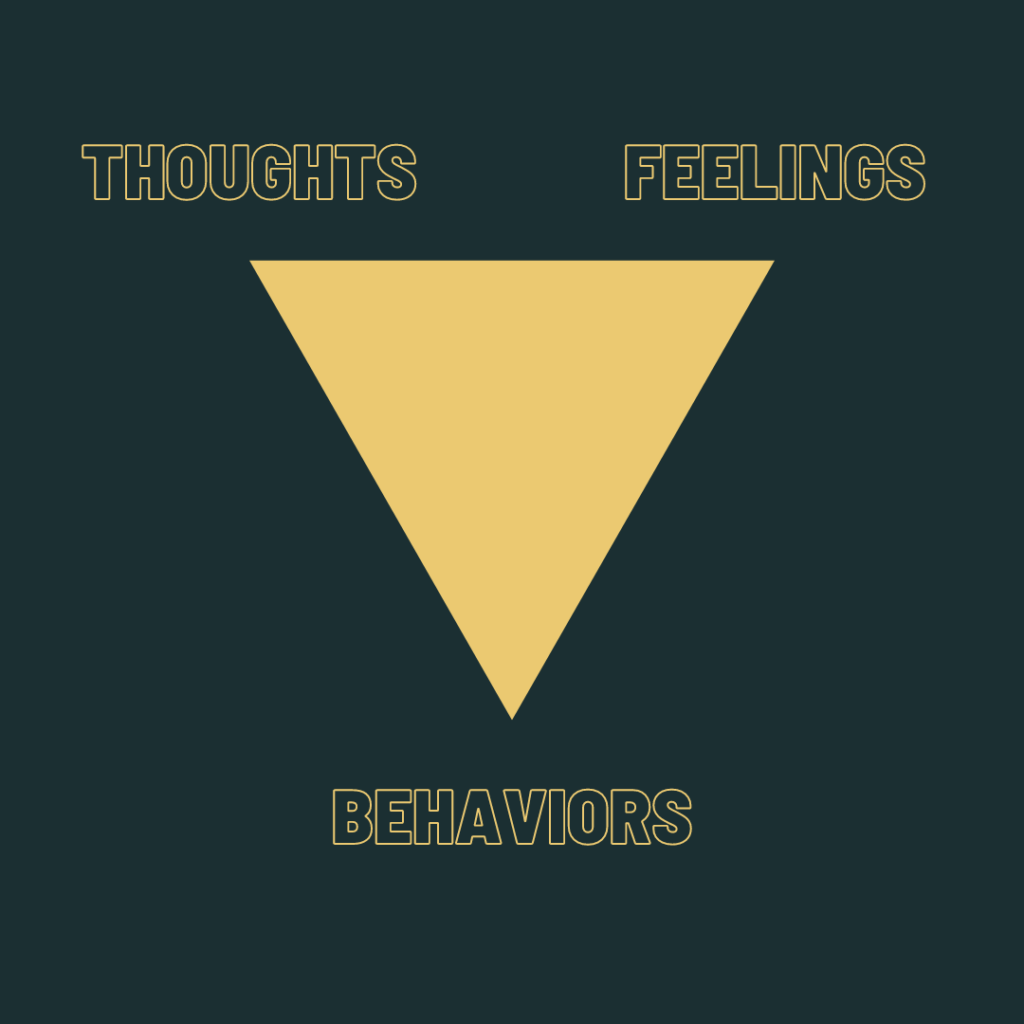Okay, I get that this one looks like I’m just talking about changing the rhetoric instead of actual changes in process, but I’m not. There is a substantial difference between self-care and soul-care. If you found yourself on my blog because we share a faith perspective, the difference to you is likely somewhat noticeable. But you may feel skeptical if you’re here outside of a faith perspective.
Over the past several decades, the mental health world has shifted to a heavy focus on self-care. Some of this came about for a good reason. Western culture is notoriously fast-paced, and when it existed, work-life balance barely existed. However, with the introduction of email, cell phones, and social media, this balance spiraled out of control. Suddenly the stressors of work bled into the downtime of home life, and without any balance to these things, our ability to care for ourselves well diminished to almost nothing.
While the trend toward self-care has been growing over several decades, for most of us, it became painfully obvious what we had allowed to creep in during the pandemic. What had once been simple annoyances everyone had to deal with were suddenly much more. Now we truly knew which meetings could have been emails and that running entire Fortune 500 companies from the comforts of home was possible. The imbalance between work and life had reached an unsustainable place, and families began to pull back and make long-term changes that would allow for balance to return. However, for years before the pandemic, therapy offices across the country had begun coaching clients to set better boundaries, not just at work but with anyone considered “toxic.” Now we aren’t just attempting more balance; we’re eliminating anyone from our lives who “toxically” refuses to validate our position.
With that change, self-care took a massive shift. Now, we use self-care to describe activities that are often simply selfish. For example, learning to validate one’s feelings (a legitimate self-care exercise) turned into forcing others to accept those feelings as “my truth.” When you don’t accept “my truth” as the truth, you are now “dangerous” and disposable. Folks, I don’t have my own truth. What I do have, is my story. But my story will naturally be untrue because my feelings aren’t facts. They’re feelings.
Let me give you an example. My husband and I have been married for over 13 years. A few months ago, we both decided that after 13 years and four kids, it might be time to try to really buckle down and get a little healthier. We aren’t unhealthy; we just had some habits that could be fine-tuned, including our portion sizes (5 pregnancies in 6 years will straight kill your diet control, folks). So we started just tracking our food and trying to stay in a healthy caloric range. Guess what happened. We were hungry. Often. And with that hunger came grumpiness. Suddenly we were snapping at one another constantly.
Now, I could have decided that my feelings are facts and should be validated wholly. But so could my husband. And our feelings would have conflicted. So instead, what we did was recognize that there was this outside thing influencing our feelings and telling us lies – our hunger. So we decided not to let our hunger control our feelings and to give each other tons of grace while our bodies learned this new state. And we (mostly) stopped snapping at one another.
Truth didn’t change in my hunger. But the story my feelings told did. I like to think about feeling like a thermometer. The thermometer does a critical job. It gives us information about our internal state. But never once has it told me what the cause was for my inner state when I’ve taken my temperature. Never once, when I have checked my temperature, has the thermometer read out “infection” or “flu.” It just tells me my internal temperature. The same goes for feelings. Our feelings have an essential job too. They point to things that are important to us and give us information about the internal state of our thoughts. But when we assume that our feelings are the only information that matters or even the most crucial information, we’re missing out on the actual value they bring and ignoring the most critical information – the direction of our thoughts. Our thoughts and feelings weren’t meant to be equal.


This brings me back to self-care versus soul-care. Ultimately, self-care tells me that my feelings are the most important information and encourages me to focus entirely on myself, often at the expense of others. Soul care, on the other hand, encourages me to focus on the health of my soul, which usually doesn’t feel as good, but forces my thoughts to those elevated places that move me toward better overall health (physical, mental, and spiritual). Soul care allows for growth and movement towards my long-term goals without eliminating the importance of the others with whom I do life.
Now, plenty of people out there may need to set very firm boundaries with someone who truly is a toxic influence on their life. Please know that if you have been abused, addicted, or something else that leaves you in a position to need to eliminate an unhealthy influence in your life, that is indeed soul care. On the other hand, if you have hurt feelings because someone isn’t justifying your position, that is not soul care.
So as you head into the new week, when you find your feelings creeping up in uncomfortable ways, take a moment and breathe. Then ask yourself, “are these feelings justified? Is there any other evidence that I could use for this situation? Will this matter in an hour? In a day? In a week? In a year?” Assess your feelings. Look for more information. And then set your mind on things above (Colossians 3:2).

